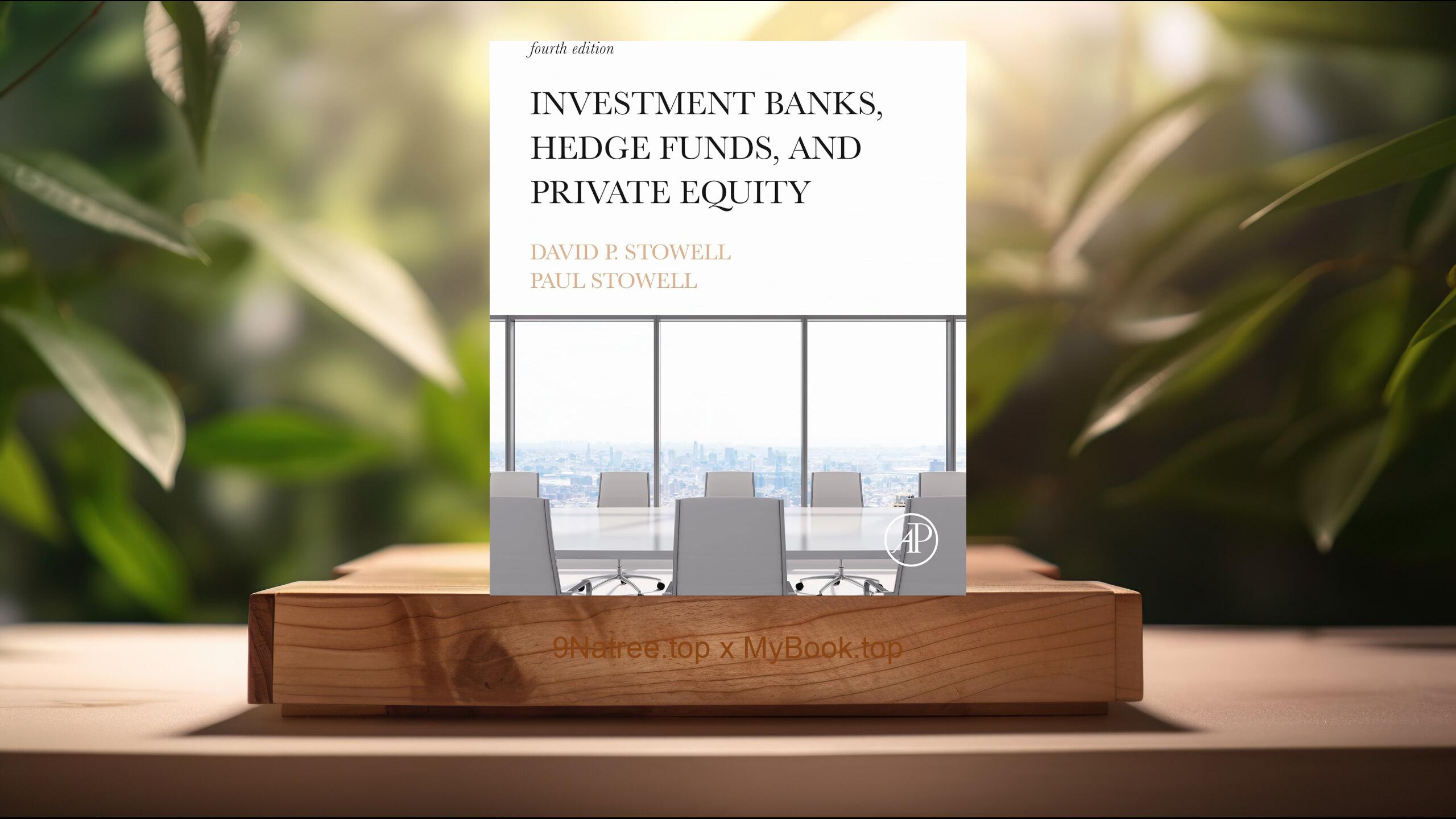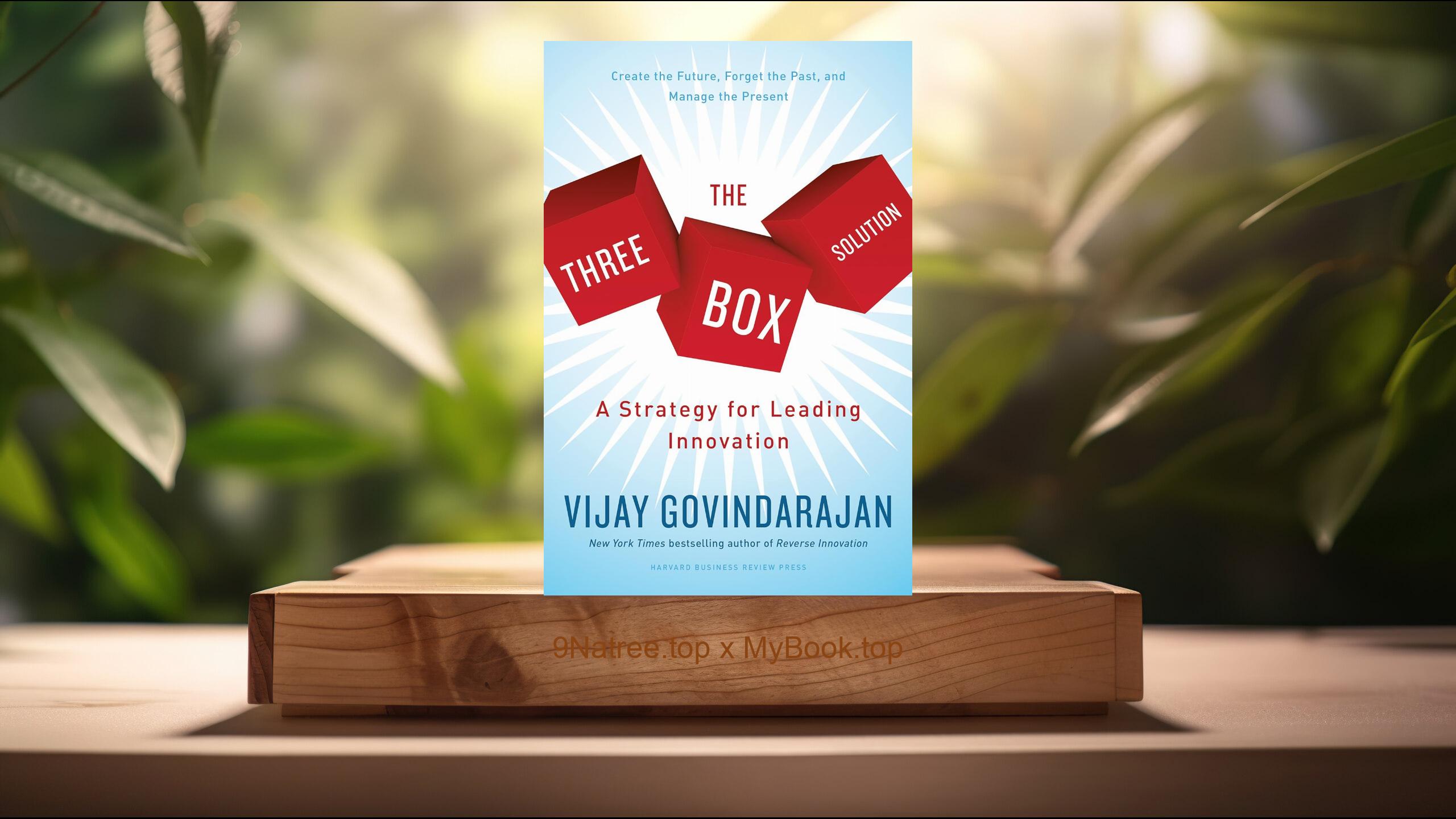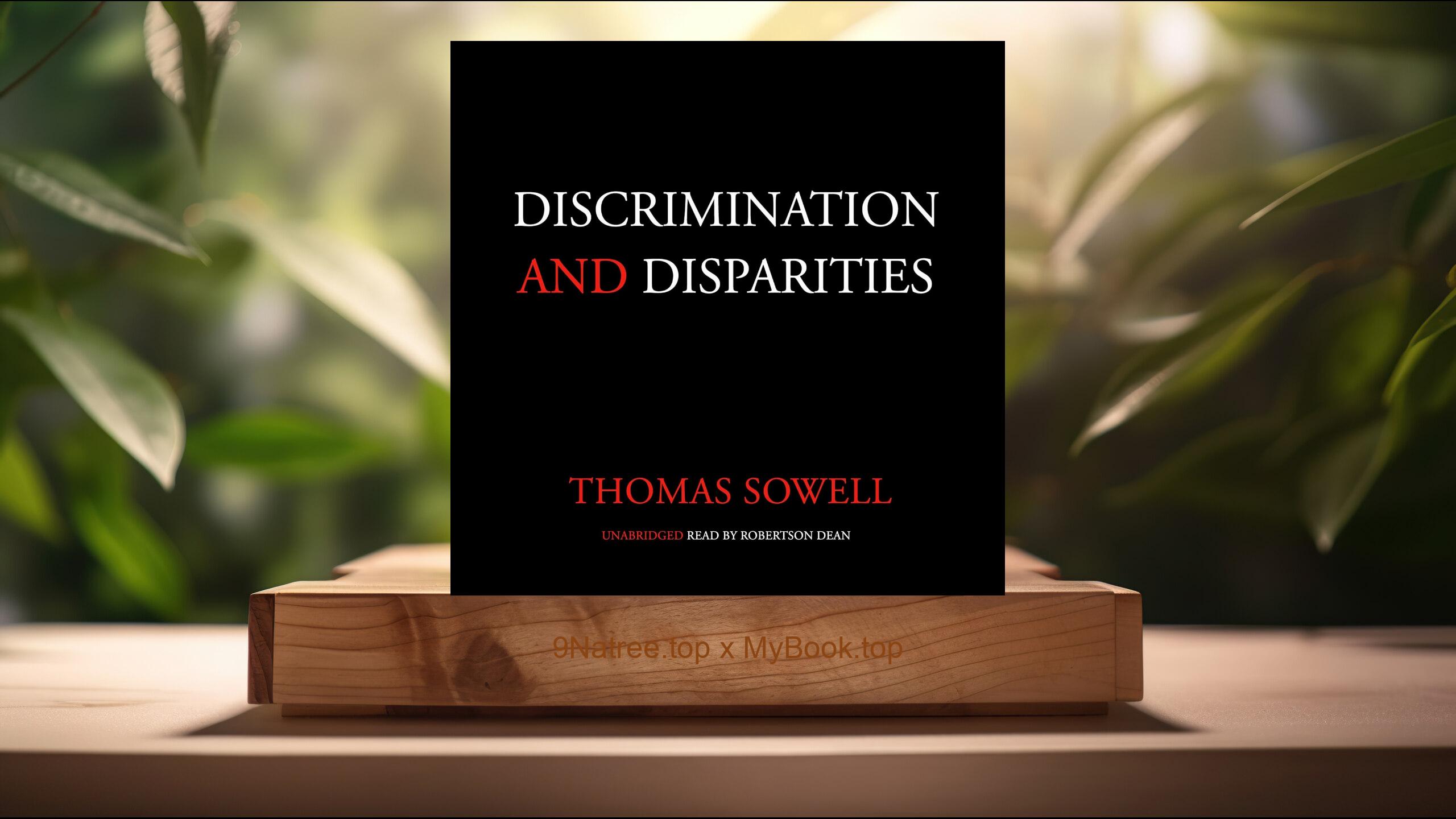Show Notes
- Amazon USA Store: https://www.amazon.com/dp/103277780X?tag=9natree-20
- Amazon Worldwide Store: https://global.buys.trade/Resistance-Money-Andrew-M-Bailey.html
- eBay: https://www.ebay.com/sch/i.html?_nkw=Resistance+Money+Andrew+M+Bailey+&mkcid=1&mkrid=711-53200-19255-0&siteid=0&campid=5339060787&customid=9natree&toolid=10001&mkevt=1
- Read more: https://mybook.top/read/103277780X/
#Economicphilosophy #Alternativecurrencies #Socialjustice #Wealthdistribution #Cryptocurrencies #Digitaleconomy #Sustainableeconomics #Financialethics #ResistanceMoney
These are takeaways from this book.
Firstly, The Philosophy of Money, Andrew M. Bailey approaches money from a philosophical standpoint, exploring its essence beyond the physical or digital forms. He delves into how money influences human relationships, societal structures, and individual choices. The discussion extends to the ethical considerations surrounding money, including wealth distribution and the responsibility of affluent individuals and societies. By examining historical and contemporary economic systems, Bailey showcases how money's definition and usage have evolved, impacting everything from trade and commerce to social hierarchies and individual identities. This section highlights the complexity of money's role in society, encouraging readers to think deeply about its power and purpose.
Secondly, Money as a Tool for Resistance, A key theme in 'Resistance Money' is the concept of money as a tool for social and economic resistance. Bailey explores how marginalized communities and movements use alternative currencies, barter systems, and other non-traditional financial mechanisms to challenge and operate outside of the mainstream economic system. This includes an analysis of cryptocurrencies and how they offer privacy, autonomy, and a form of resistance against state-controlled monetary systems. By highlighting examples from different parts of the world, this section emphasizes money's potential as a means of empowerment and its role in pushing for systemic change.
Thirdly, The Ethics of Wealth and Distribution, Bailey places significant emphasis on the ethics of wealth creation and distribution, critiquing the vast economic inequalities that pervade modern societies. He argues for a more just and equitable system where wealth is distributed in a manner that ensures everyone has access to basic necessities and opportunities for personal development. Through philosophical and ethical lenses, Bailey discusses concepts such as universal basic income, progressive taxation, and corporate responsibility. This discourse invites readers to contemplate the moral obligations of individuals and institutions in addressing poverty and inequality.
Fourthly, Alternative Economic Models, This topic delves into various alternative economic models that challenge traditional capitalist structures. Bailey investigates community currencies, sharing economies, and cooperatives as forms of economic organization that prioritize social and environmental welfare over profit maximization. He scrutinizes their efficacy and potential to reshape economic interactions, fostering a sense of community and collaboration rather than competition. By providing case studies and theoretical frameworks, Bailey offers insight into how these alternative models might be implemented and scaled to create more resilient and inclusive economies.
Lastly, The Future of Money, Bailey concludes with a forward-looking analysis of money's evolution, particularly in the face of technological advancements. He explores the implications of digital currencies, blockchain technology, and the potential for a cashless society. The discussion also touches on the challenges these innovations pose, including privacy concerns, regulatory issues, and the digital divide. Bailey's insights into the future of money capture the complexities of transitioning to new economic paradigms, raising critical questions about governance, security, and equity in the digital age.
![[Review] Resistance Money (Andrew M. Bailey) Summarized](https://episodes.castos.com/660078c6833215-59505987/images/1969098/c1a-085k3-8dwdnk8wfzmw-q6j0wf.jpg)




